With 13 new signings and 18 departures, Dundee United’s 2024 summer transfer window will go down as one of the most hectic in recent memory.
A Premiership squad built in 10 weeks, boasting talent from Dundalk to Dubrovnik.
With the Tangerines sitting in third place in the league, in the quarter-final of the Premier Sports Cup and unbeaten in their last eight competitive fixtures, the early signs suggest that United’s work has been largely positive.
And Courier Sport exclusively spoke to head of recruitment Michael Cairney for an insight into the timelines, conversations, data, scouting missions and demands that contributed to a successful foray into the market.
Months in the making
While the summer transfer window creaked ajar on June 14, United’s work had long since started.
Cairney was officially appointed as the Tangerines’ head of recruitment in April but, with the move apparent from the prior month, irons were already in fires.
“It became apparent I would be coming in around March, so the planning was with a view to being back in the Premiership,” Cairney said.
“Jim (Goodwin) and I sat down early and discussed what sort of profile (of player) he would like to fit into a certain style of play.
“Someone who has done brilliantly so far is Will Ferry, and he’s a great example of someone we identified VERY early on, and the benefit of that.
“We said, “we’ve got to get him” and fought off tough competition from good clubs in League One in England.”
Jim Goodwin knew what he wanted
As well as exemplifying the “pro-active” attitude towards recruitment that the Terrors are keen to employ, Ferry’s energy, power and ability on the ball – he already boasts three assists – was the template for recruitment to come.
Physicality and technique were the non-negotiables for Goodwin.
“We wanted to build a good technical side; players who could handle the ball,” continued Cairney. “But with an element of physicality through the squad.
“It’s about having that balance of athleticism and strength, with technical ability. Regardless of position, we were looking for those attributes as a base.”
He added: “The relationship with the manager is everything when it comes to this job. It doesn’t matter what time it is – where we are in the world – we’ll pick the phone up.
“We need to be on the same page, and I think we see a lot of the same things in players.
“Jim is probably the best manager I’ve worked with. He knows what he wants, which makes my job a hell of a lot easier. He gives me the autonomy to get out there and find the profile of player he has asked for and bring them back.”
Dundee United: Data informed, not data led
United would ultimately whittle their pool of targets down to 13 captures.
Ferry, Dave Richards, Vicko Sevelj, Ryan Strain, David Babunski, Kristijan Trapanovski and Jort van der Sande arrived permanently. Jack Walton, Emmanuel Adegboyega, Luca Stephenson and Sam Dalby were loan signings.
Richard Odada and Meshack Ubochioma have scarcely featured, but Cairney notes: “I know the fans are yet to really see them. But from what I’ve seen from both players, I think they are going to fit in well.”
And seen is the crucial word.
There has never been more data and footage available on players through Wyscout, Hudl, StatsBomb and a host of algorithms that crunch raw numbers in search of the next undiscovered gem.
However, United’s final decision on every player came down to seeing them perform in person, with the ultimate call made by Goodwin.
“There is a lot of information out there and I am big on the benefits of data,” continued Cairney. “But I’ll always say: we are data informed, not data led. It’s easy to get overloaded due to the amount of data that’s out there.
“It is still a case of getting out there, watching these players live and trusting the eye test.”
The case study: Vicko Sevelj
He cites the versatile Croatian Sevelj as the perfect example of the numbers and in-person scouting working in concert.
“Vicko’s data was brilliant within a team that was struggling (Radomlje),” continued Cairney. “I had watched him live previously but then, looking at his numbers, he really stood out.
“Off the back of that, I went to watch him a couple more times and we started to really see what we could get out of a player like Vicko.
“Yet, there will be other times when a player’s data is good then you watch them live and you see different things. In the end you need to have belief in what you’ve seen in a player, in person.”
He added: “We would never sign a player unless either Jim or I had seen them live – we’ll always put those hard yards and air miles into the due diligence.”
Scouting personalities, not just players
That due diligence extended well beyond assessing duels won or an eye-catching xG.
“There are a lot of comparable leagues to Scotland, if you are solely looking at ability,” Cairney continued.
“But we also like to do a deep dive into their character – to have conversations with the players, agents, people who have worked with them.
“That all builds up an understanding of their character and get a sense of how they will fit into the club and a new country. There’s a lot of leg work that goes into that.”
That aspect is particularly pivotal when recruiting from far and wide across the globe. This summer, United have signed players from clubs in Slovenia, Hungary, North Macedonia, the United States and the Netherlands.
“There’s some really good quality in the countries I’ve visited, especially those that we’ve done business in – Hungary, North Macedonia, Slovenia,” Cairney continued. “And, for a club like us, value for money there.”
With that in mind, what of Scottish talent?
“It’s definitely not a case of us bypassing the Scottish market,” he added. “If there’s a player we like, who fits the profile of what we are looking for, then we’ll look at that.
“But while there are emerging markets that present interesting opportunities, we are going to be active. That is not putting down Scottish football at all, but our priority will always be to bring the best players to the club that we can.”
The work continues
“Really positive” and “pleased with the work we’ve done” is Cairney’s assessment of United’s summer transfer window. However, there is very little time to luxuriate in a job well done.
“I’m already looking at the January window,” Cairney continued. “I don’t think we’ll need to do too much business, but you never know. It’s our job to be prepared.
“Longer term, for the next summer window, we’ve already identified what positions we think we’ll need, and the work has started to make sure we are ready, prepared and in a good position for the next couple of windows.”
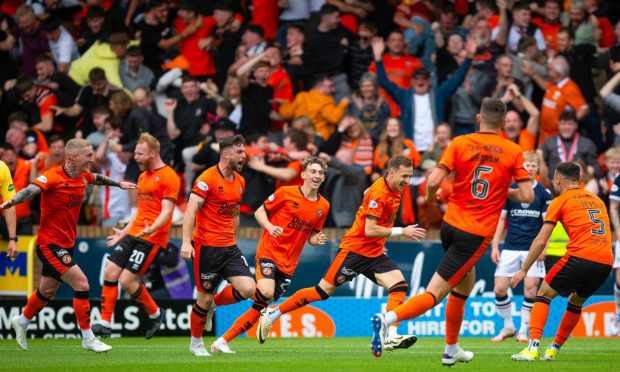
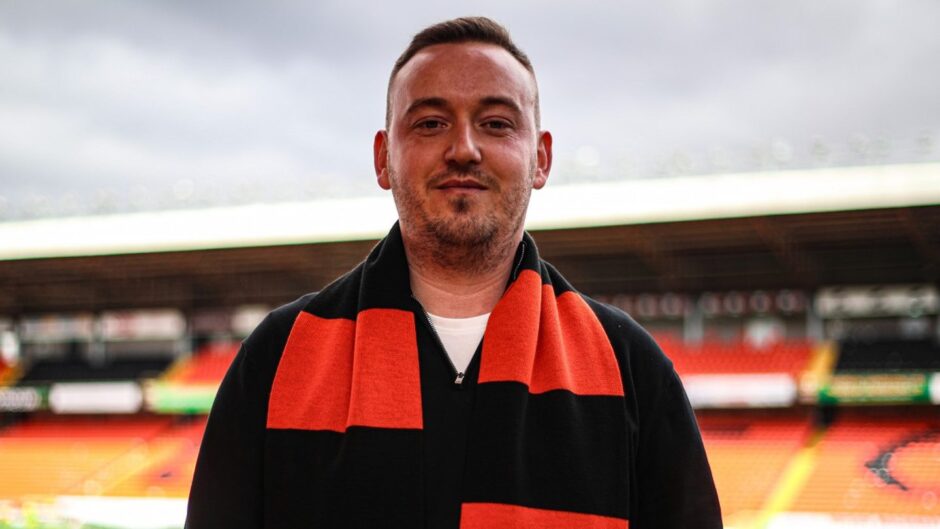
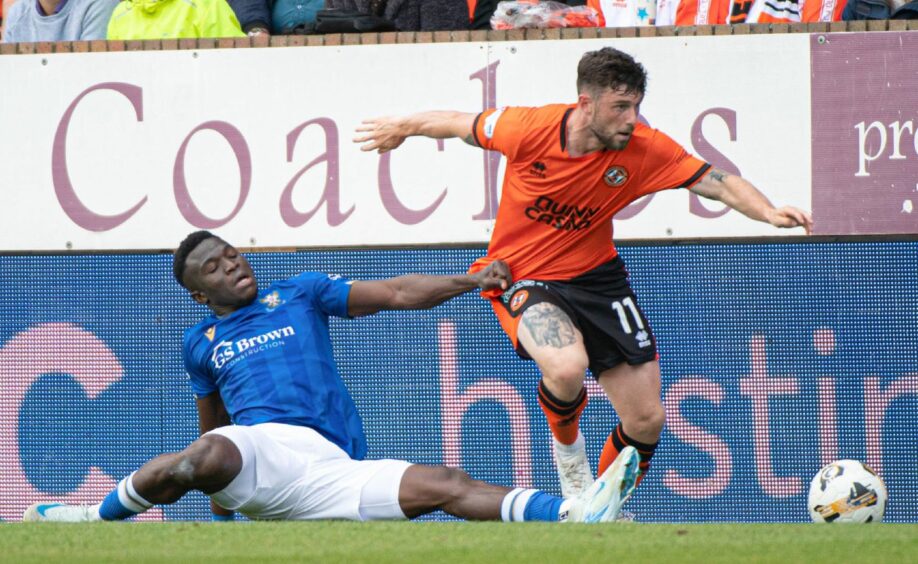
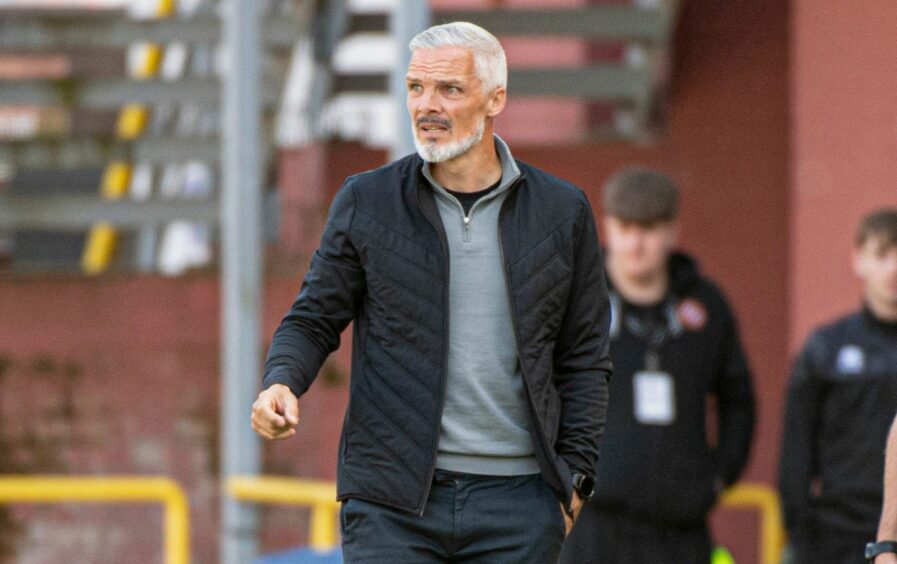
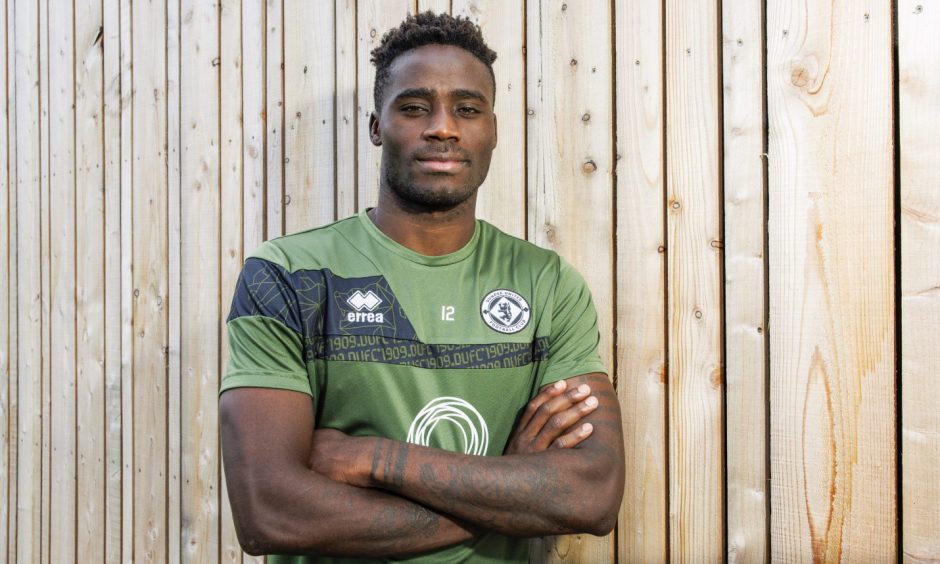
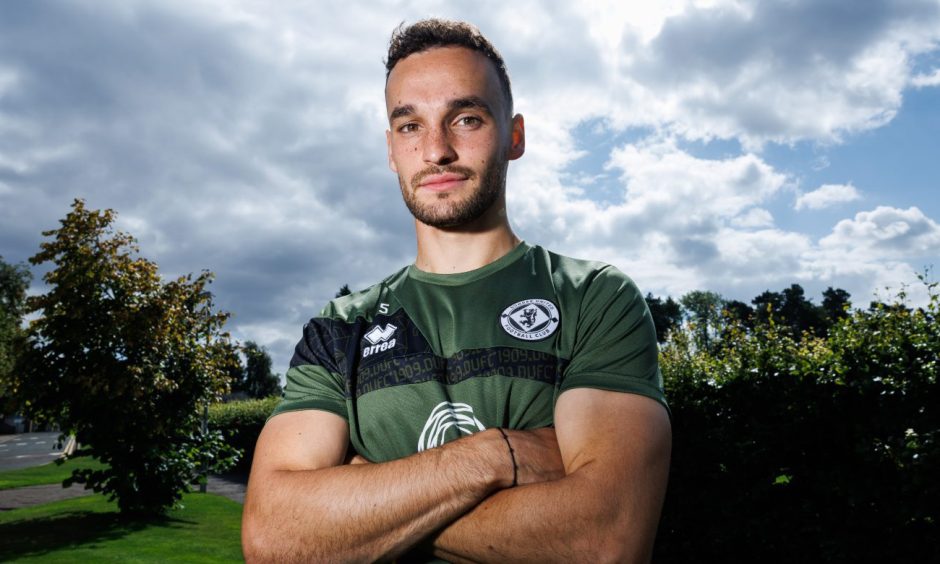
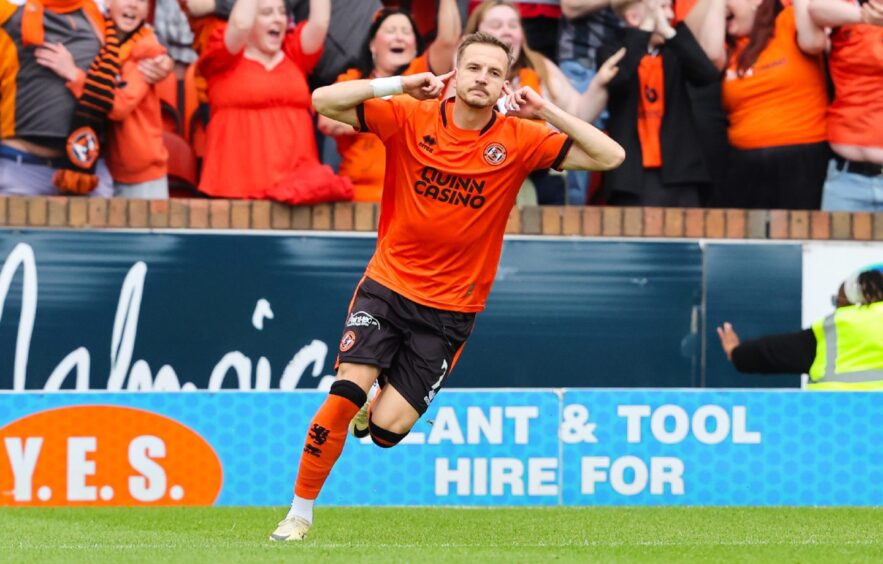
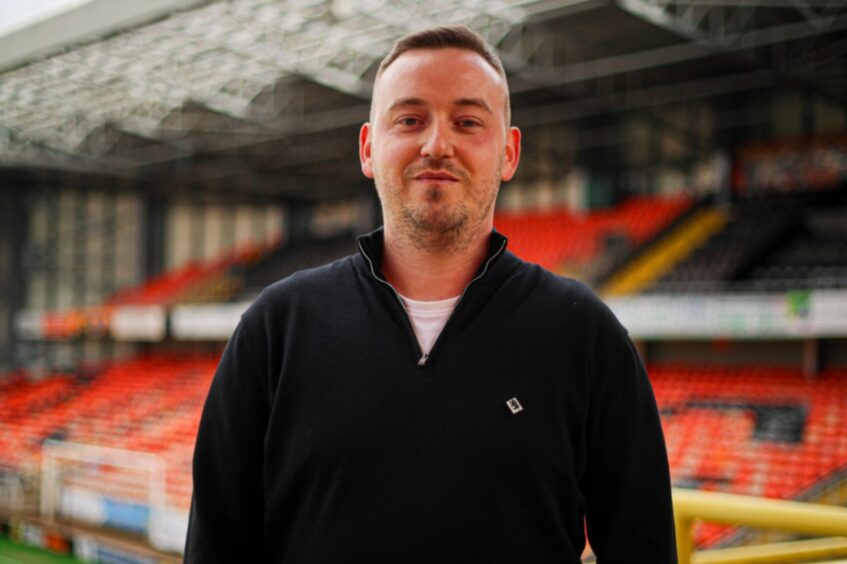
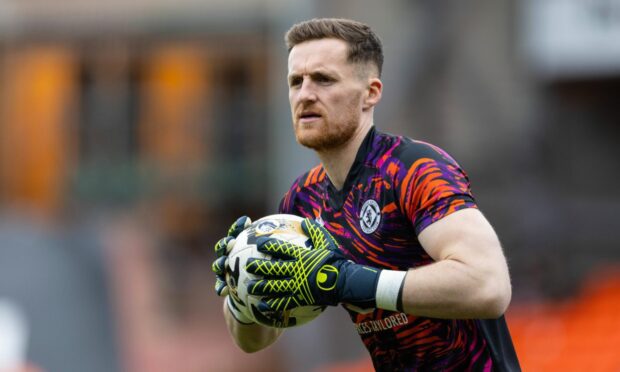
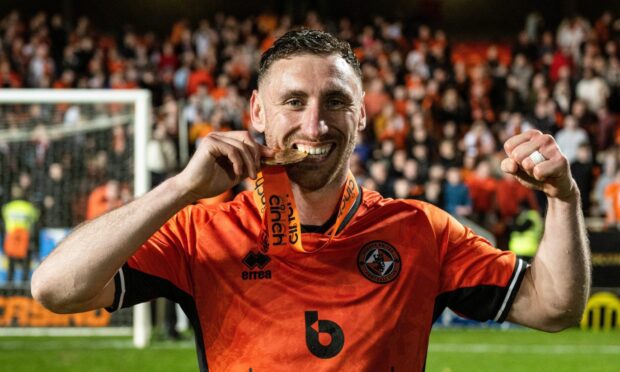
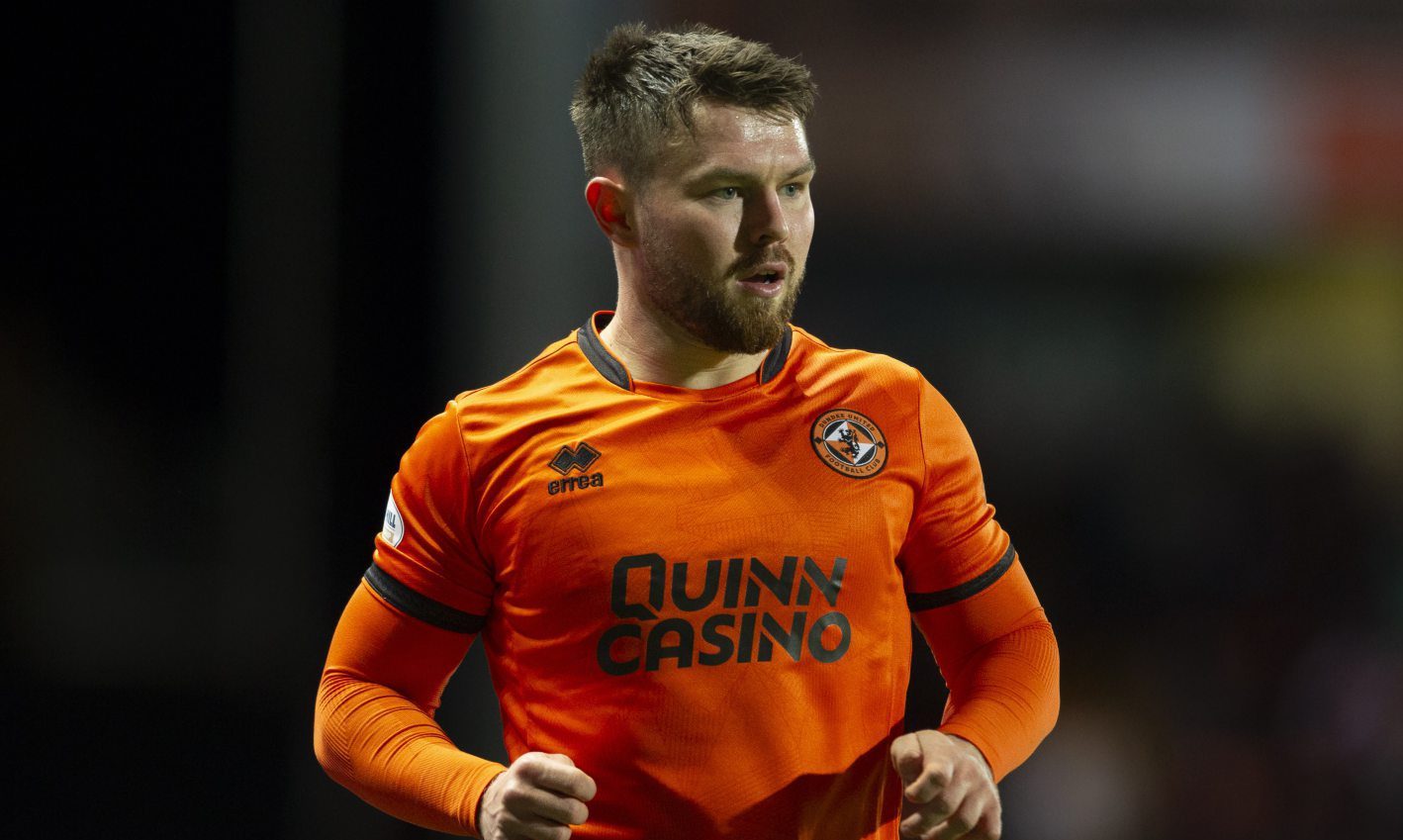
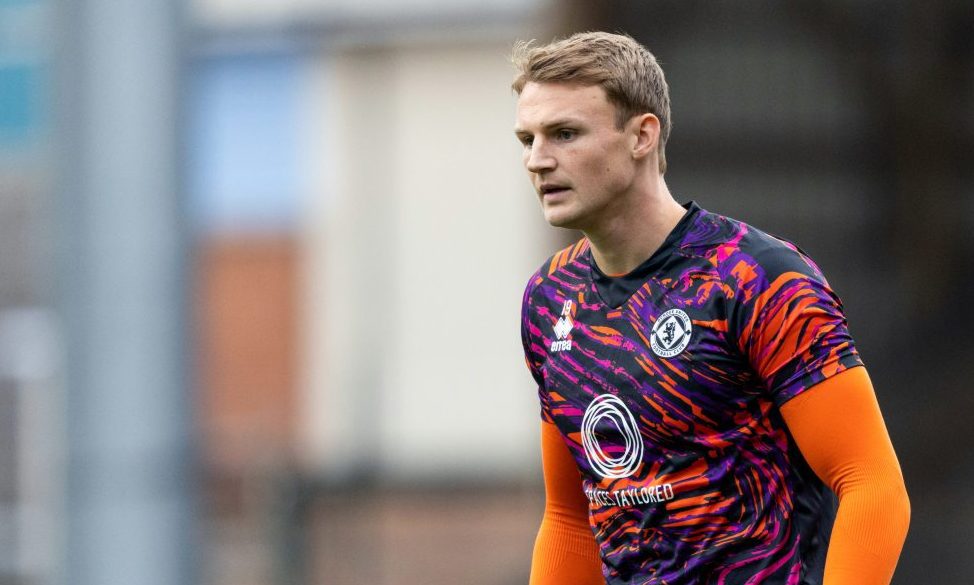
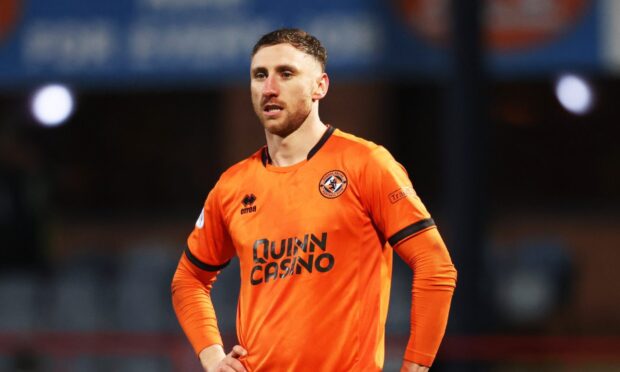
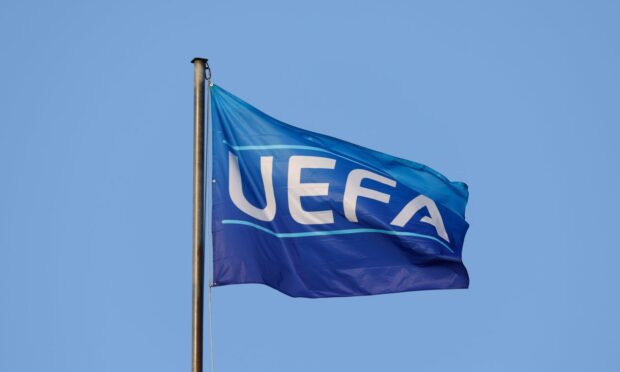
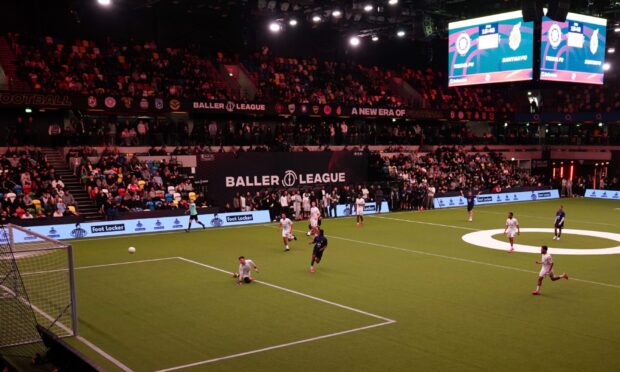
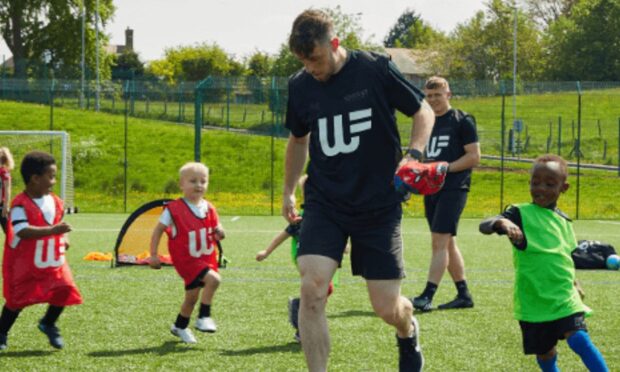
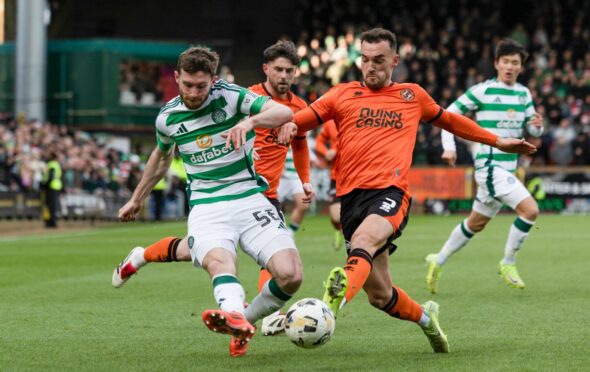
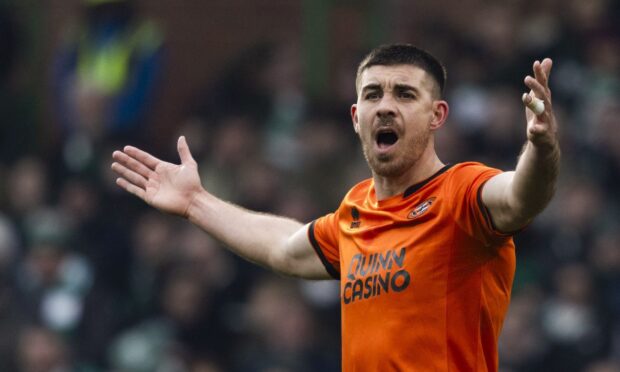
Conversation